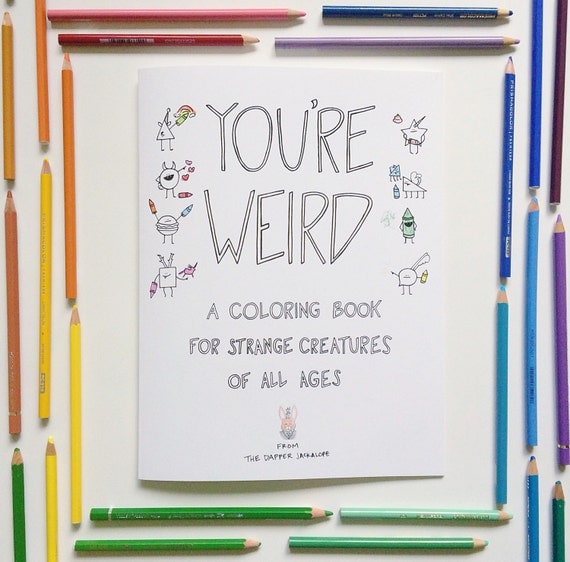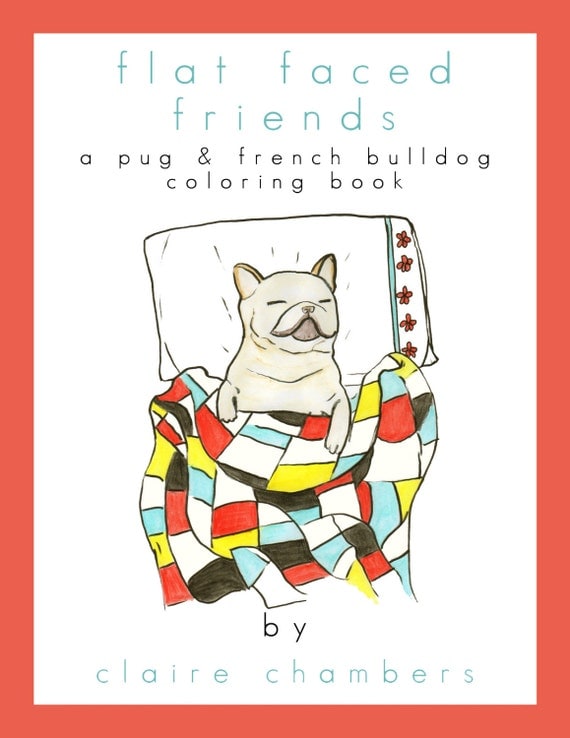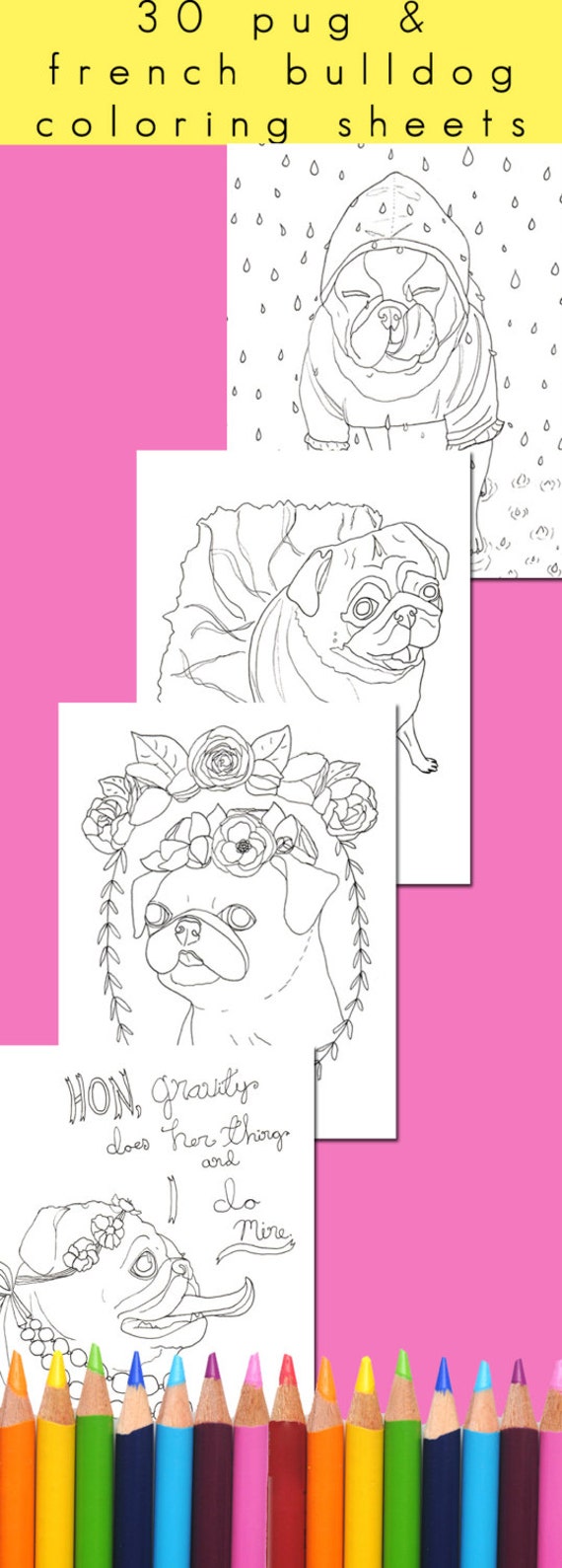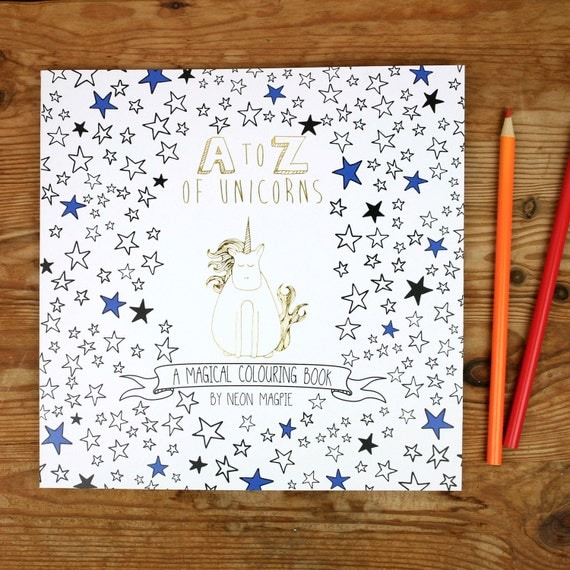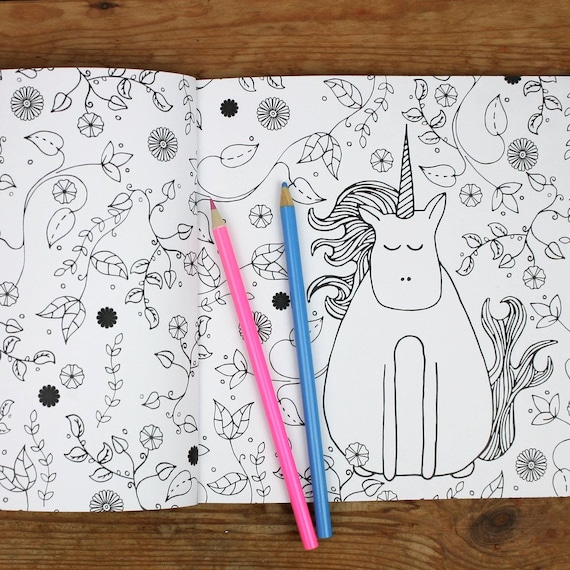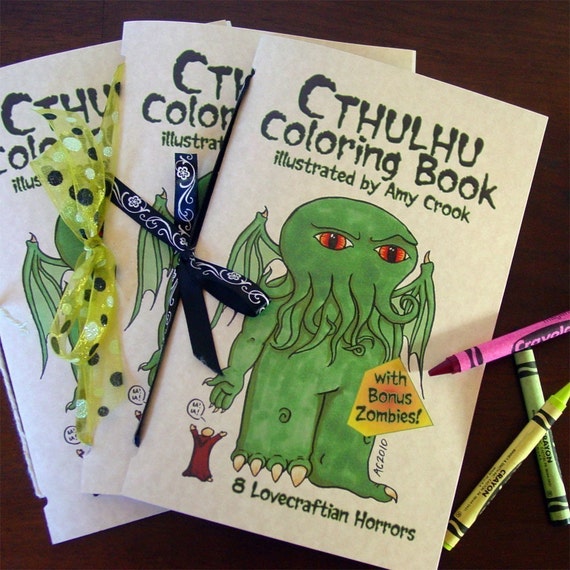When I was in grade school, I used poetry for entertainment. My grade school had regular book fairs, and one of the first books I bought on my own was The Random House Book of Poetry for Children because, in the first few pages, it had a funny poem about a boy that would take off all his clothing and could never figure out how to put it back on. The book was large and full of various poems. When there wasn’t anything to watch on television, or when I finished some of my homework, I’d sit in my room and read through my book of poetry and try to memorize the poems that were on the pages. As I aged, the appeal of the book of children’s poetry faded, and it was placed into a box and given to Goodwill.
It wasn’t until high school that I started to use poetry again. This time, I used poetry as a form of self-expression, as many teens end up doing. Sometimes I wrote poems and sometimes I wrote song lyrics, but they were always dark and angry and honestly, not very good. I used poetry to help form my self-identity and to work through an extreme level of teenage angst. These works often found themselves on napkins, or on ripped up pieces of paper, or inside of one of my textbooks. The poetry I wrote back then is long gone, which is probably a good thing. If I had to classify the type of use this poetry was, it would fall under the category of misuse.
In junior college, I was told my writing was too direct by an English 100 professor and could benefit from more creativity. I started writing poetry again to try and use it as a tool to improve my academic as well as creative writing. I enrolled in a summer creative writing course and thrived, especially when it came to poetry. For the first time I was breaking out of free form poetry and exploring classic poetic forms like the sonnet and started a long love affair with haikus. While these poems were still of the self-expression variety, they were more complex and focused than the poetry I wrote as a teen.
As an adult in college, I have used poetry as a way to further my understanding of critical theory. In Dr. Simpson’s Modern British Novel course, I took Russian Formalism and applied it to Yeat’s poem A Coat, a ten line poem. From looking at the form, rhyme (or lack of) scheme, the number of syllables in words, the denotation and connotation of the words used, the juxtaposition of physical and intangible imagery, and more, I was able to complete an eight page analysis that explored the theory. I’ve shared this paper on my blog, on Academia.Edu, and in Sigma Tau Delta’s yearly journal, and the feedback I’ve gotten on the work has been positive. Recently, a student downloaded my paper from Academia to help understand how Russian Formalism can be applied and said it was helpful. While using poetry to further my own understand of theory, I have helped others use poetry to see how critical theory works.
I often use poetry to understand the cultural and political climates of the time periods I study as an English major. Shakespeare’s sonnet sequence, for example, illustrates the homosocial relationships of his time period and a movement away from the flowery love imagery used by poets before him like Petrarch. Donne’s poetry manifests that there were people in his time that were seriously questioning the teachings of the church and challenging the concepts that gave his society kings and monarchies. Moving forward in time, reading the works of poets like Langston Hughes from the Harlem Renaissance exposes a dysfunction in society where people of color were (and are still) treated less than their pale peers and the struggles associated with living in a world where one was (is) less-than.
Writing poetry is yet another way I use it. While I don’t always have the time to write poetry outside of academia and work, I have still had a few poems published in Pomona Valley Review and The Socialist. The poetry I write now has transformed from the self-expressive (and somewhat self-indulgent) poetry I wrote as a teen. Instead of writing poetry to portray myself as some kind of angry hard-ass, I write poetry to help solidify my understanding of the political world around us, my own involvement in activism, life, death, decay, and the fragility of the human condition.




